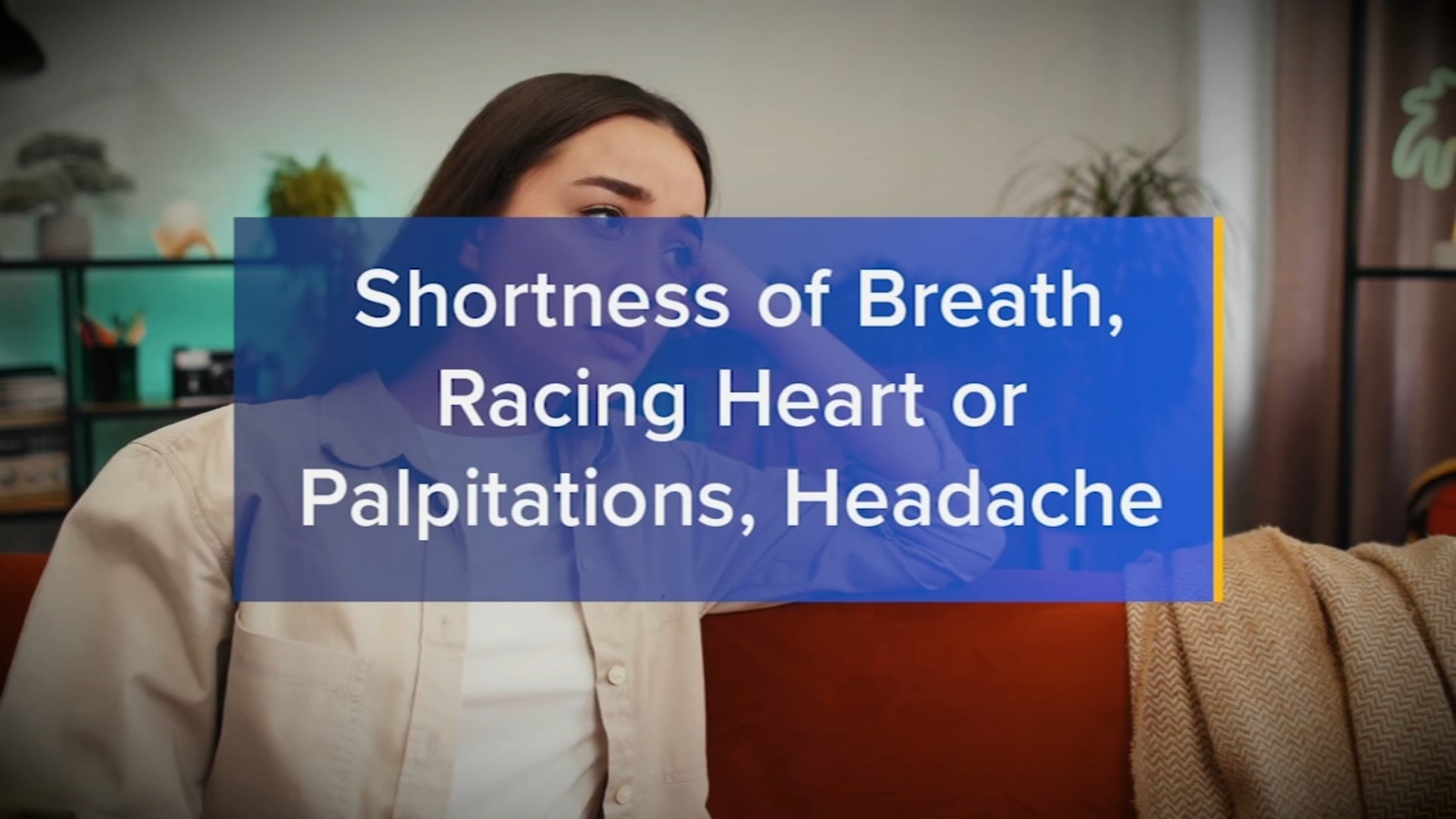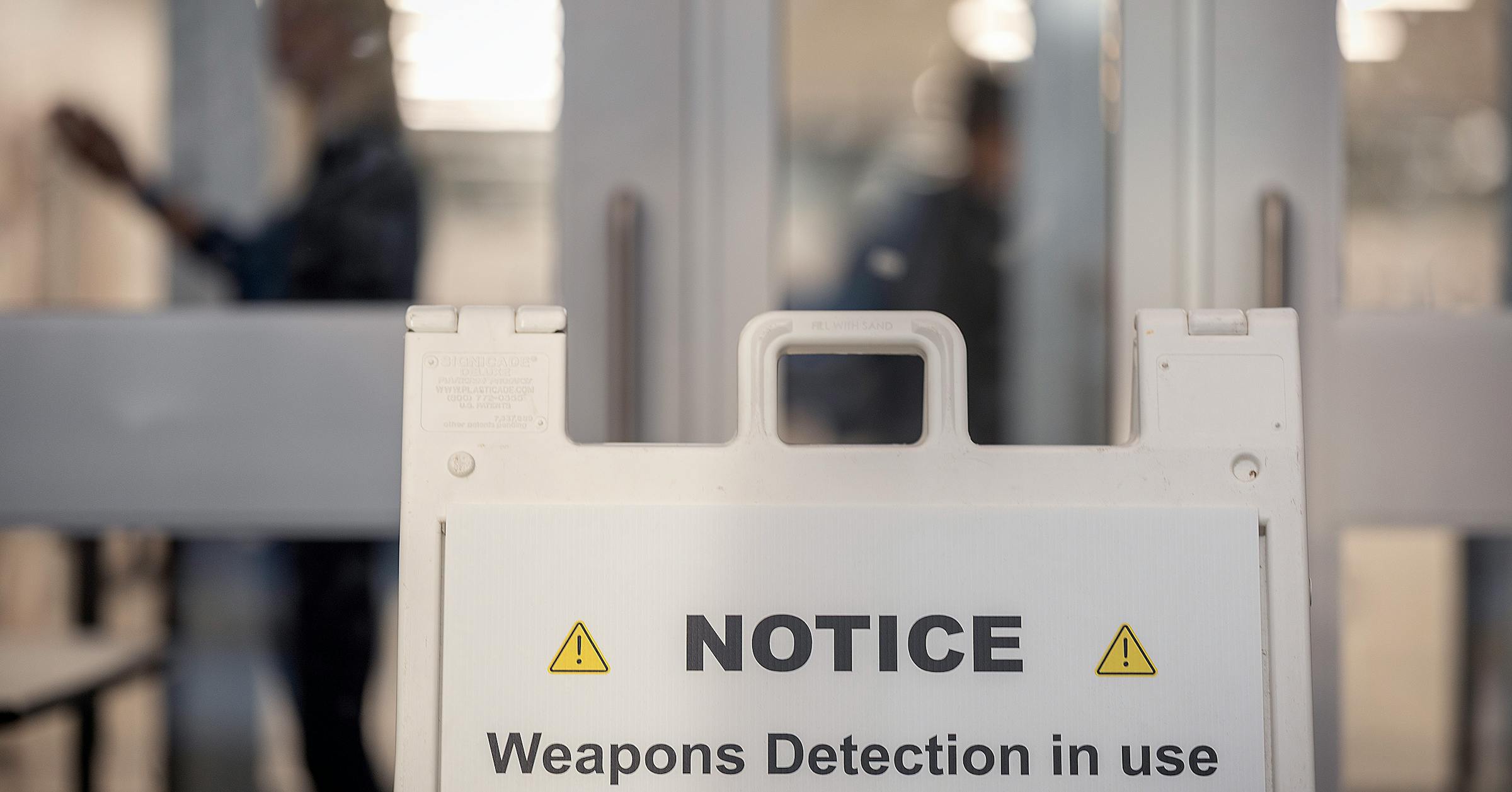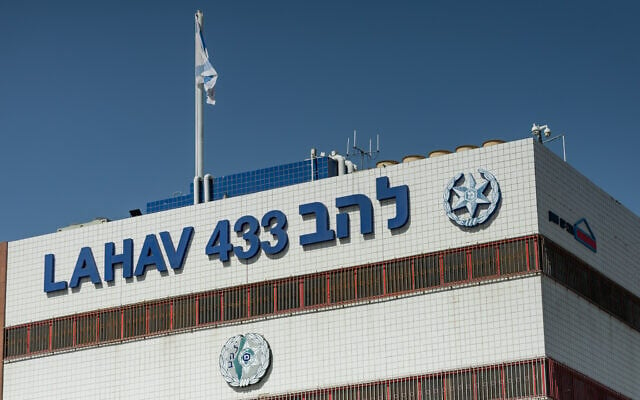Pakistan: Ongoing Political Repression – Tom Lantos Human Rights Commission | (.gov)

Report on the Hearing: Repression of Political Opposition in Pakistan and Implications for Sustainable Development Goals
Overview of the Hearing
The Tom Lantos Human Rights Commission convened a hearing to address the ongoing repression of political opposition by the government of Pakistan. The session focused on the persecution of opposition political figures and journalists, government control over media communications, and obstacles to free and fair elections in Pakistan. This situation poses significant challenges to achieving several Sustainable Development Goals (SDGs), particularly those related to peace, justice, strong institutions (SDG 16), and reduced inequalities (SDG 10).
Historical Context and Human Rights Concerns
Since its independence in 1947, Pakistan has experienced a troubled history regarding human rights and democratic governance. The military has directly ruled Pakistan for 33 of the 77 years since independence. According to the Freedom in the World 2024 report by Freedom House, the military continues to exert substantial influence over government formation and policies, intimidates the media, and operates with impunity concerning the use of force. These conditions undermine SDG 16, which emphasizes the importance of accountable and transparent institutions.
Recent Developments and Political Repression
The current phase of repression is traced back to 2022, when former Prime Minister Imran Khan was ousted with military involvement, followed by his arrest, conviction on corruption charges, and imprisonment. His political party, Pakistan Tehreek-e-Insaf (PTI), and its supporters have faced severe repression. The February 2024 parliamentary elections were marked by:
- Undue restrictions on freedoms of expression, association, and peaceful assembly
- Electoral violence
- Restrictions on the exercise of human rights and fundamental freedoms
These issues directly conflict with SDG 16, which promotes inclusive societies and access to justice for all.
Human Rights Violations Documented
The U.S. State Department’s 2023 Country Report on Human Rights Practices highlights significant abuses perpetrated or tolerated by the Pakistani government, including:
- Enforced disappearances and extrajudicial killings
- Persecution of religious and ethnic minorities
- Transnational repression
These violations impede progress toward SDG 10 (reduced inequalities) and SDG 16 (peace, justice, and strong institutions).
Purpose and Participants of the Hearing
The hearing aimed to provide Members of Congress, congressional staff, the public, and the media with updated information on the crisis in Pakistan and the challenges to democracy and human rights. Witnesses discussed the ongoing political repression, the U.S. response, and offered recommendations for congressional action.
Witnesses
- Ben Linden, Advocacy Director, Europe and Central Asia, Amnesty International
- Jared Genser, Managing Director, Perseus Strategies
- Zulfi Bukhari, Advisor to Imran Khan on International Affairs and International Media
- Additional witnesses may be added*
Accessibility and Contact Information
The hearing was held in person and was open to Members of Congress, congressional staff, the interested public, and the media. Attendance was possible both in person and via live webcast on the Commission’s website, with availability also on the House Digital Channel.
For inquiries, contact:
- Mark Milosch (Co-Chair Smith)
- Todd Stein (Co-Chair McGovern)
Hosts
| Chris Smith Member of Congress Co-Chair, TLHRC |
James P. McGovern Member of Congress Co-Chair, TLHRC |
1. Sustainable Development Goals (SDGs) Addressed or Connected
- SDG 16: Peace, Justice and Strong Institutions
- The article discusses political repression, persecution of opposition figures, restrictions on media freedom, and challenges to free and fair elections in Pakistan, all of which relate to SDG 16’s focus on promoting peaceful and inclusive societies, access to justice, and accountable institutions.
- SDG 10: Reduced Inequalities
- The persecution of religious and ethnic minorities mentioned in the article connects to SDG 10, which aims to reduce inequalities within and among countries.
- SDG 5: Gender Equality
- While not explicitly mentioned, issues of political repression and human rights abuses often disproportionately affect women and marginalized groups, linking indirectly to SDG 5.
2. Specific Targets Under Identified SDGs
- SDG 16 Targets
- 16.6: Develop effective, accountable and transparent institutions at all levels.
- 16.7: Ensure responsive, inclusive, participatory and representative decision-making at all levels.
- 16.10: Ensure public access to information and protect fundamental freedoms, in accordance with national legislation and international agreements.
- 16.3: Promote the rule of law at the national and international levels and ensure equal access to justice for all.
- SDG 10 Targets
- 10.3: Ensure equal opportunity and reduce inequalities of outcome, including by eliminating discriminatory laws, policies and practices.
- SDG 5 Targets (Implied)
- 5.1: End all forms of discrimination against all women and girls everywhere.
- 5.5: Ensure women’s full and effective participation and equal opportunities for leadership at all levels of decision-making.
3. Indicators Mentioned or Implied to Measure Progress
- Indicators Related to SDG 16
- 16.6.1: Primary government expenditures as a proportion of original approved budget, by sector (implied through discussion of government accountability).
- 16.7.2: Proportion of population who believe decision-making is inclusive and responsive (implied by the mention of restrictions on free and fair elections and political participation).
- 16.10.1: Number of verified cases of killing, kidnapping, enforced disappearance, arbitrary detention and torture of journalists, associated media personnel, trade unionists and human rights advocates (directly relevant given the persecution of journalists and opposition figures).
- 16.3.1: Proportion of victims of violence in the previous 12 months who reported their victimization to competent authorities or other officially recognized conflict resolution mechanisms (implied by references to enforced disappearances and extra-judicial killings).
- Indicators Related to SDG 10
- 10.3.1: Proportion of population reporting having personally felt discriminated against or harassed within the previous 12 months on the basis of a ground of discrimination prohibited by international human rights law (implied by persecution of minorities).
- Indicators Related to SDG 5 (Implied)
- 5.1.1: Whether or not legal frameworks are in place to promote, enforce and monitor equality and non-discrimination on the basis of sex (implied by the general context of human rights abuses).
- 5.5.2: Proportion of women in managerial positions (implied by political repression context).
4. Summary Table: SDGs, Targets, and Indicators
| SDGs | Targets | Indicators |
|---|---|---|
| SDG 16: Peace, Justice and Strong Institutions |
|
|
| SDG 10: Reduced Inequalities |
|
|
| SDG 5: Gender Equality (Implied) |
|
|
Source: humanrightscommission.house.gov

What is Your Reaction?
 Like
0
Like
0
 Dislike
0
Dislike
0
 Love
0
Love
0
 Funny
0
Funny
0
 Angry
0
Angry
0
 Sad
0
Sad
0
 Wow
0
Wow
0

















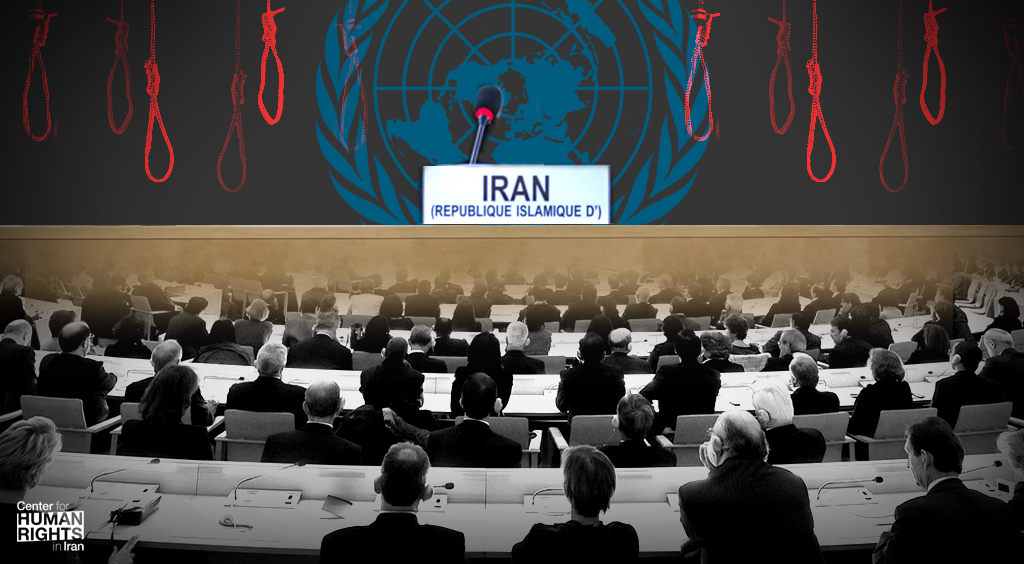
-1920w.png?#)











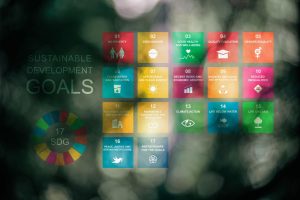






;Resize=805#)
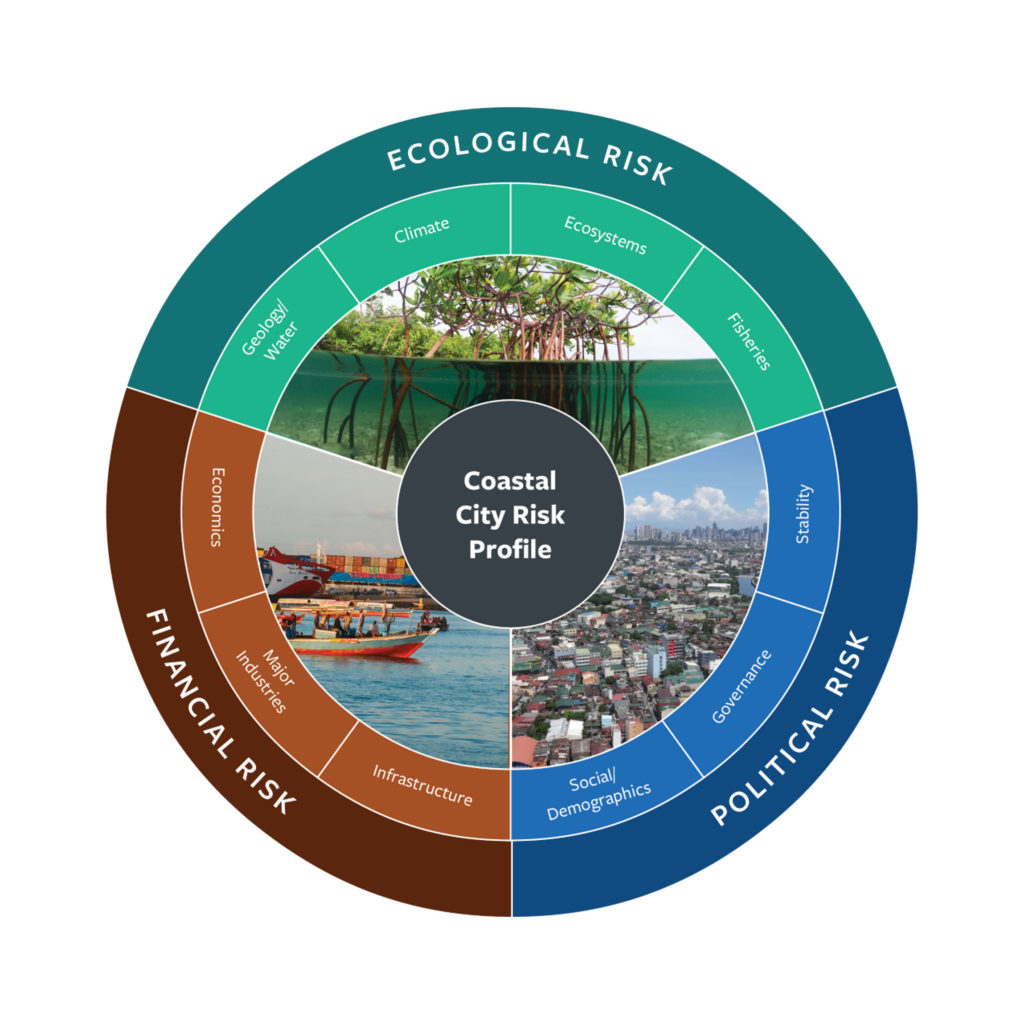




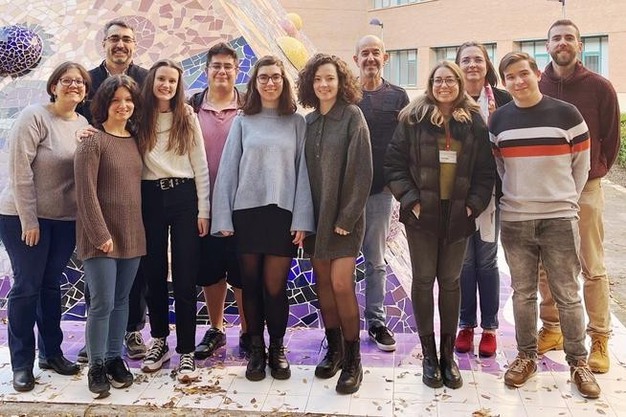


.jpg?h=50da7ea4&itok=DTgFLdpn#)












